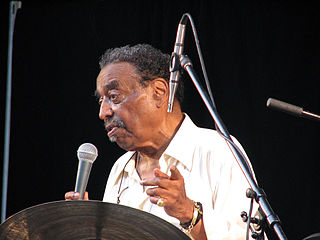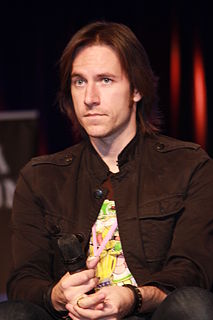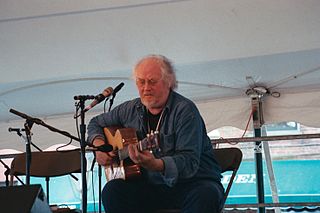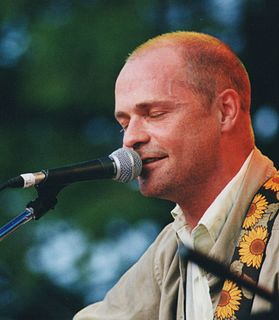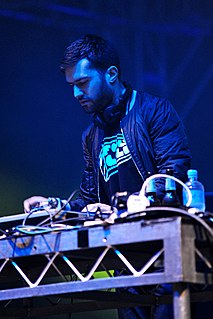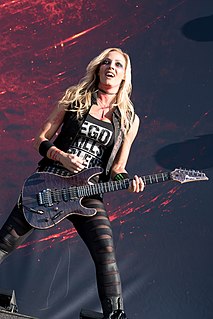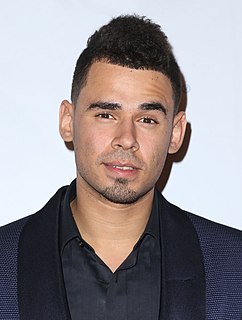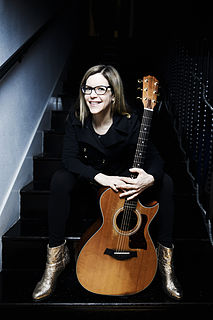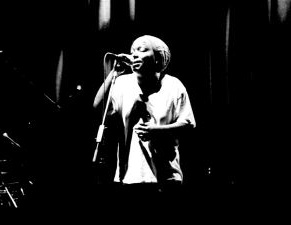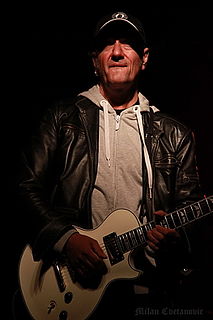A Quote by Robert Wyatt
I play music a lot but on my own mostly, so it was nice to be around other people. There was a certain sense a relief in the physical act of just playing and being with other musicians.
Related Quotes
A lot of gaming and a lot of interaction is no longer physical; it's all digital and at a distance. There's this innate, tribal need of the people to have face time with other people and play together in person. I think there's been this rediscovery of the joy of playing with people around the table.
I was interested in a whole range of music that I used to play, popular music -- particularly American music -- that I heard a lot of when I was a teenager," "I think at a certain point it dawned on me that myself playing this music wasn't very convincing. It was more convincing when we played music that came from our own stock of tradition. ... I certainly feel a lot more comfortable playing so-called Celtic music.
As a songwriter, you tend to develop your own style, your own technique, based around what it is you're trying to write and perform, in terms of your own music. So a way of evolving a guitar style as a songwriter is much easier, I think, than developing a true style of your own just from listening to music or playing other people's music.
Being a classical musician I'm fascinated with how my colleagues, not just singers, but every musician finds ways to express something else or something new or the same ol', same ol' in classical music. I'm always in dialogue with other musicians at least orally, if I can't be with them and a lot of dead musicians as well. I've learned a lot from dead people on recordings.
I have a theory that musicians recognize each other and if they are destined to collaborate together they will. Mainly, they recognize each other according to the class they belong to. If they are punk-rocker kids from the neighborhood, they are going form a band. If they happen to be musicians that are going to play in pubs and restaurants, they are going to recognize each other, form a band and play together. If it's about musicians that are playing jazz and are going to jazz festivals, for e.g., then they are going to meet and work together.

